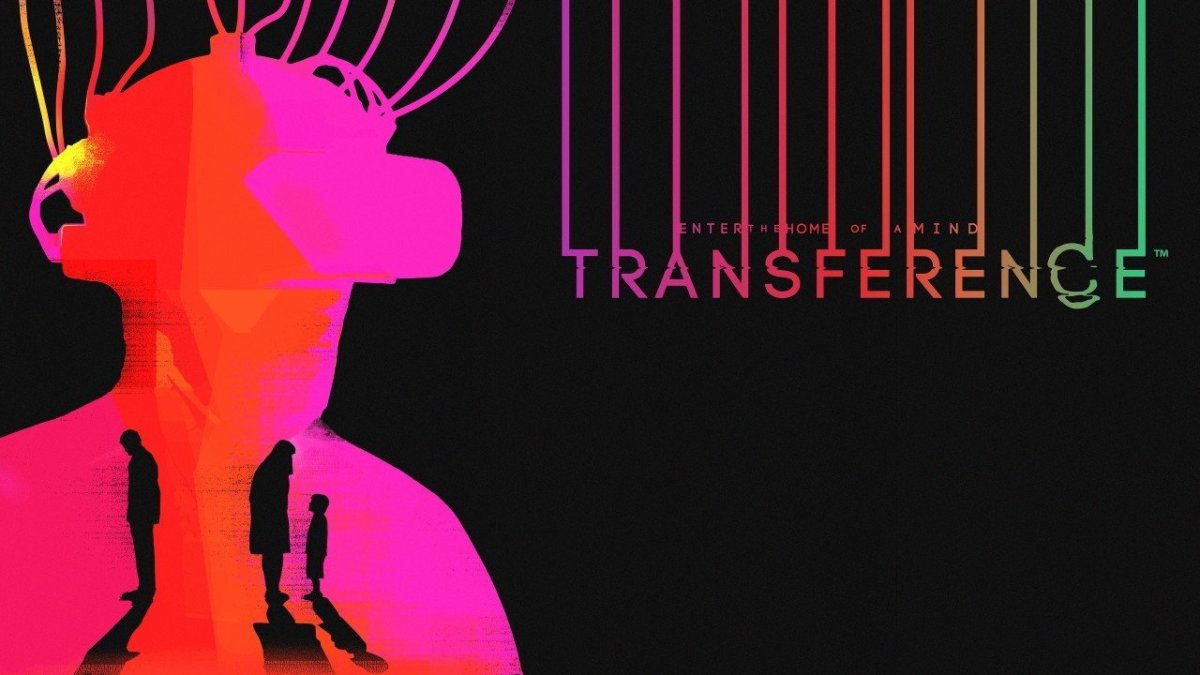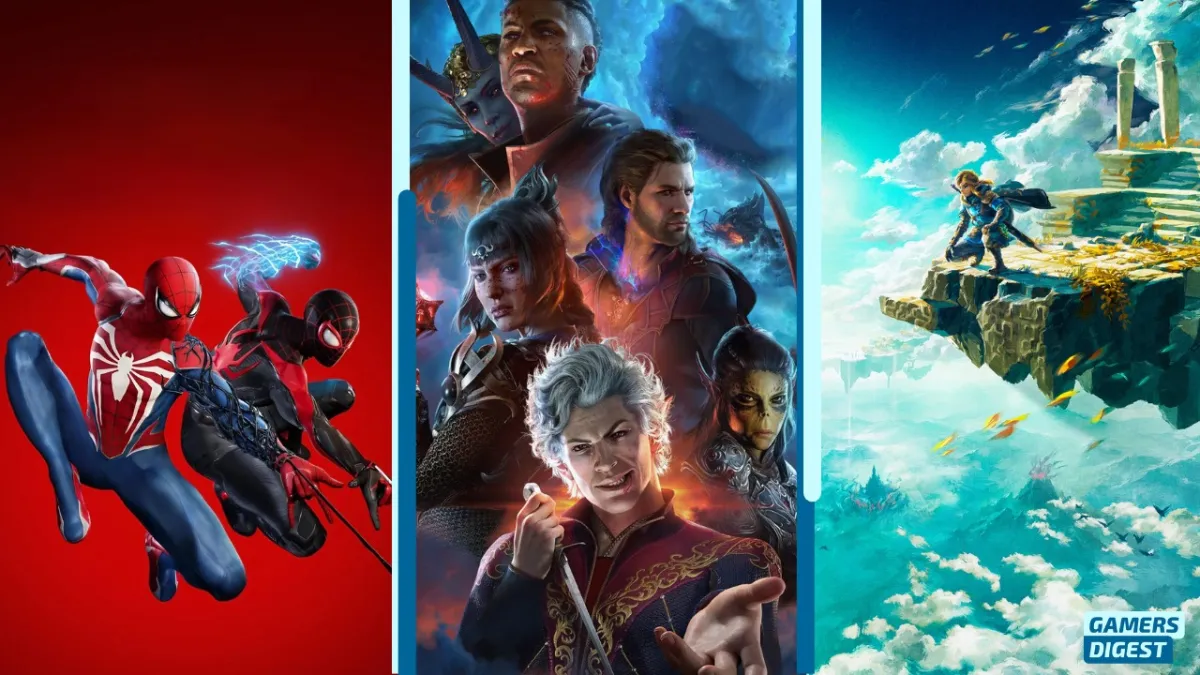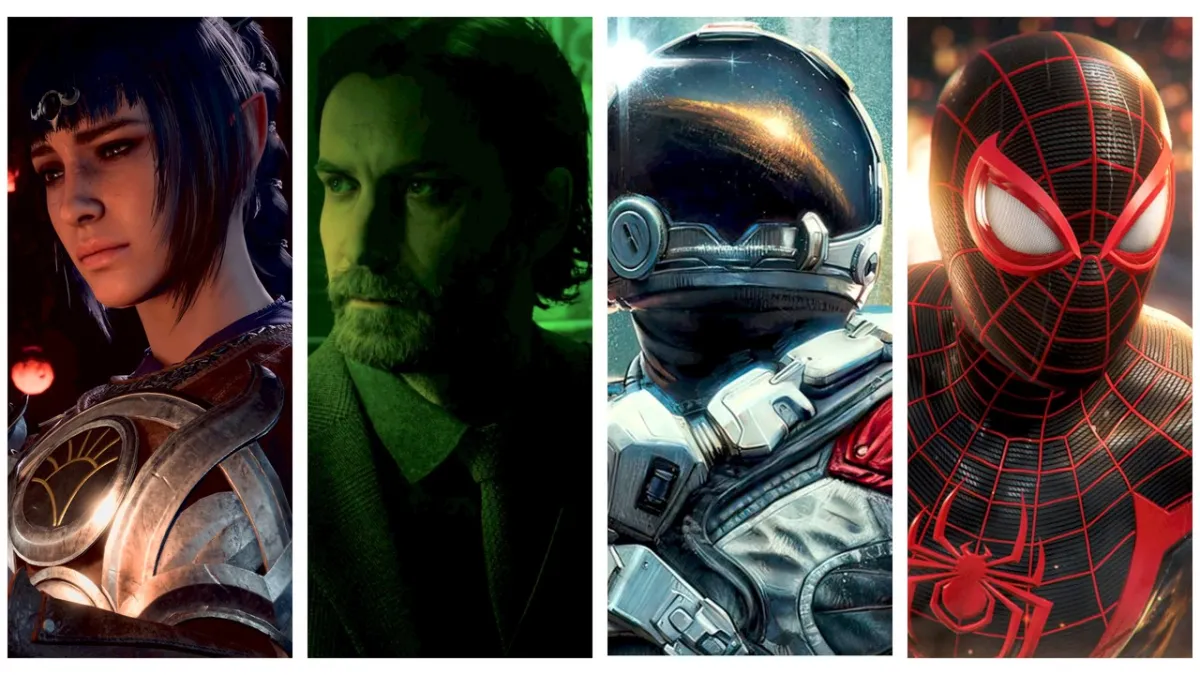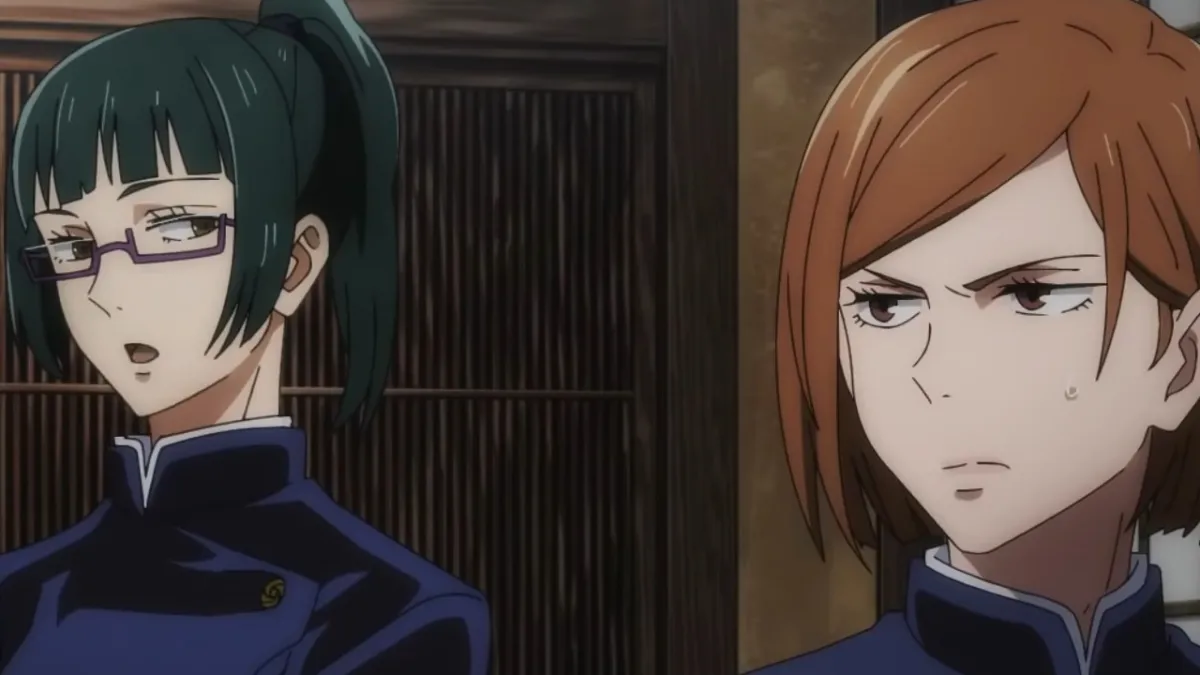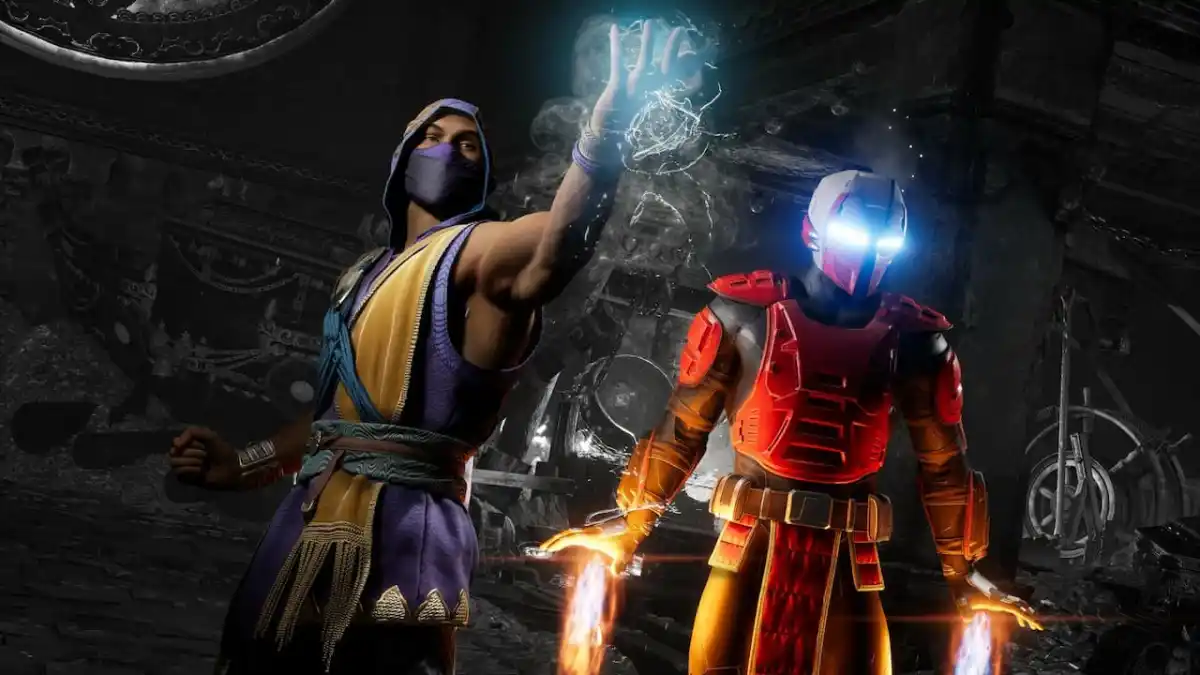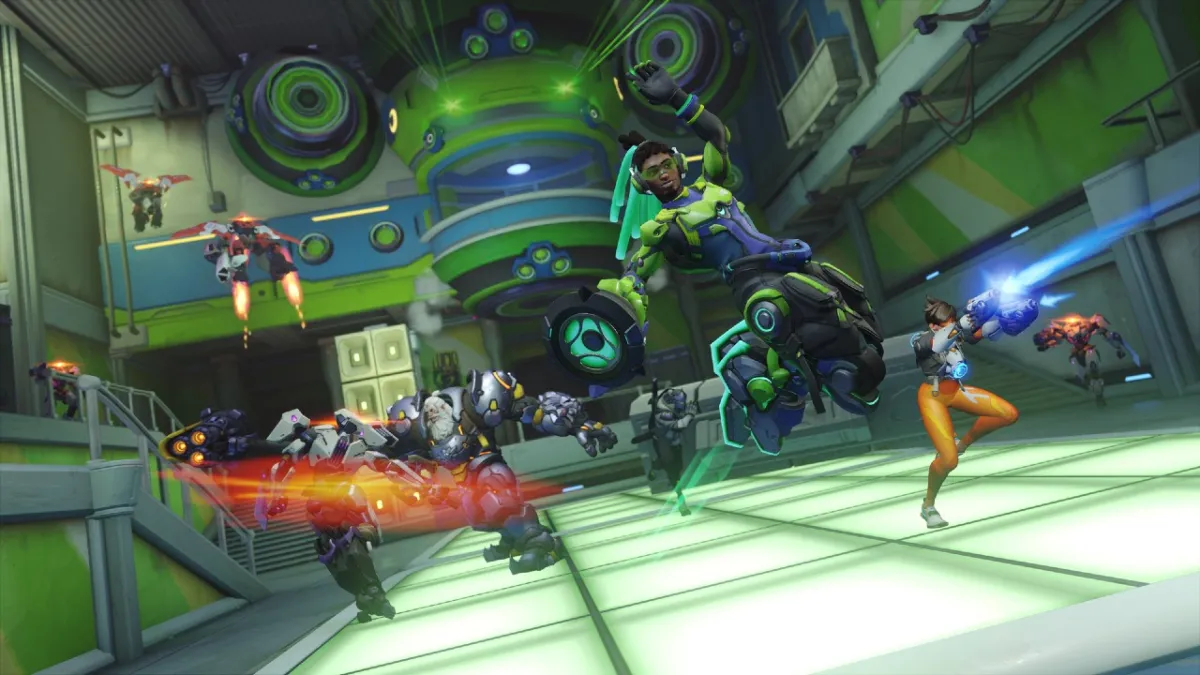One of Ubisoft’s E3 demos this year was for the upcoming VR game Transference. After watching the game’s various trailers and even playing the demo, I’m still not entirely sure what it’s about, but it was strangely fascinating nonetheless.
In the world of Transference, technology has been created that allows people’s consciousnesses to be extracted and transferred to others, thus the name of the game. The way this is manifested in the game is in light switches that you’ll find while exploring areas. Pressing these light switches will bring you to someone else’s memory of that area. This is useful because sometimes there are clues or objects you need that only exist in one particular person’s memory. Or maybe one person’s memory of an area simply isn’t complete, so transferring to someone else’s memory will help you fill out the area.
The core of the game is mostly looking around areas, trying to figure things out and where to go next. That probably sounds pretty boring on the surface, but it’s not. For one thing, the recreation of the apartment complex I explored in the demo was one of the most realistically crafted environments I’ve seen in a VR game. Granted I don’t have a ton of experience with VR, but I felt totally immersed in this world, to the point where I would physically move my body backwards when it looked like something was coming toward me in the game. I guess that’s pretty much the point of VR, but Transference certainly pulled it off exceptionally.
You can look all around in the VR space, but seeing as how you’ll probably be playing the game while standing or sitting still, as to avoid getting tangled up in wires or running into walls in real life, you’ll do most of your actual moving with analog sticks. You’ll use the left analog stick to have your character walk around, and the right analog stick, normally used for camera controls, is used to change your perspective. By this I mean that you use the right stick to turn your virtual body without having to do a 90°, 180° or 360° turn in real life. However, turning your virtual body will be done in clicks of about 45° each or so, rather than having the camera actually move to its next position depending on how far and fast you hold the analog stick. A representative explained that they chose to have perspective shifts work this way to reduce motion sickness, since instantly clicking into your next perspective is less jarring that suddenly turning your whole virtual head. And as far as I could tell, it definitely worked, as I didn’t get motion sick at all in my time with the game. Granted, I didn’t play for that long, but I’m someone who gets motion sick pretty easily (I can hardly ever play first-person games anymore, even when not in VR), so the fact that I was able to do a lot of twists and turns and exploring in a VR space without feeling sick is nice.
In a way, Transference is sort of a puzzle game, with players having to figure out what needs to be done to be granted entrance into the next area of the game. For example, you might have to travel in between two different people’s consciousnesses and find radios to turn to the same frequencies so the two people whose consciousnesses you’re inhabiting can communicate with each other. Or, in order to enter a door that’s missing from the memory you’re currently wandering through, you might have to find where that person’s memory misplaced the door’s knocker. None of the puzzles in the demo were particularly hard to figure out, but they never felt too easy or tedious or anything either, mostly because you’ll probably figure out the solutions to these puzzles by just wandering around the area enough, which you’ll want to do anyway because it’s rendered so well.
The one criticism I have is that, as stated earlier, I wasn’t entirely sure what was going on narratively. Something about a dad who, as far as I could tell, was the one who invented this consciousness transferring technology, and his relationship with his family, who his technology has somehow harmed. It’s an interesting enough concept (if I’m right about it), but in the full game, I hope things are explained more clearly, without getting too expository, so that you feel like you’re performing your various actions for a reason. The demo was very cool, but I would think that without a real insight into the narrative, it might get tedious trying to figure things out and never getting clear answers. That being said, this demo took place toward the beginning of the game, so I would assume that everything would in fact become more and more clear as the game goes on. We’ll see when the game launches this fall.


